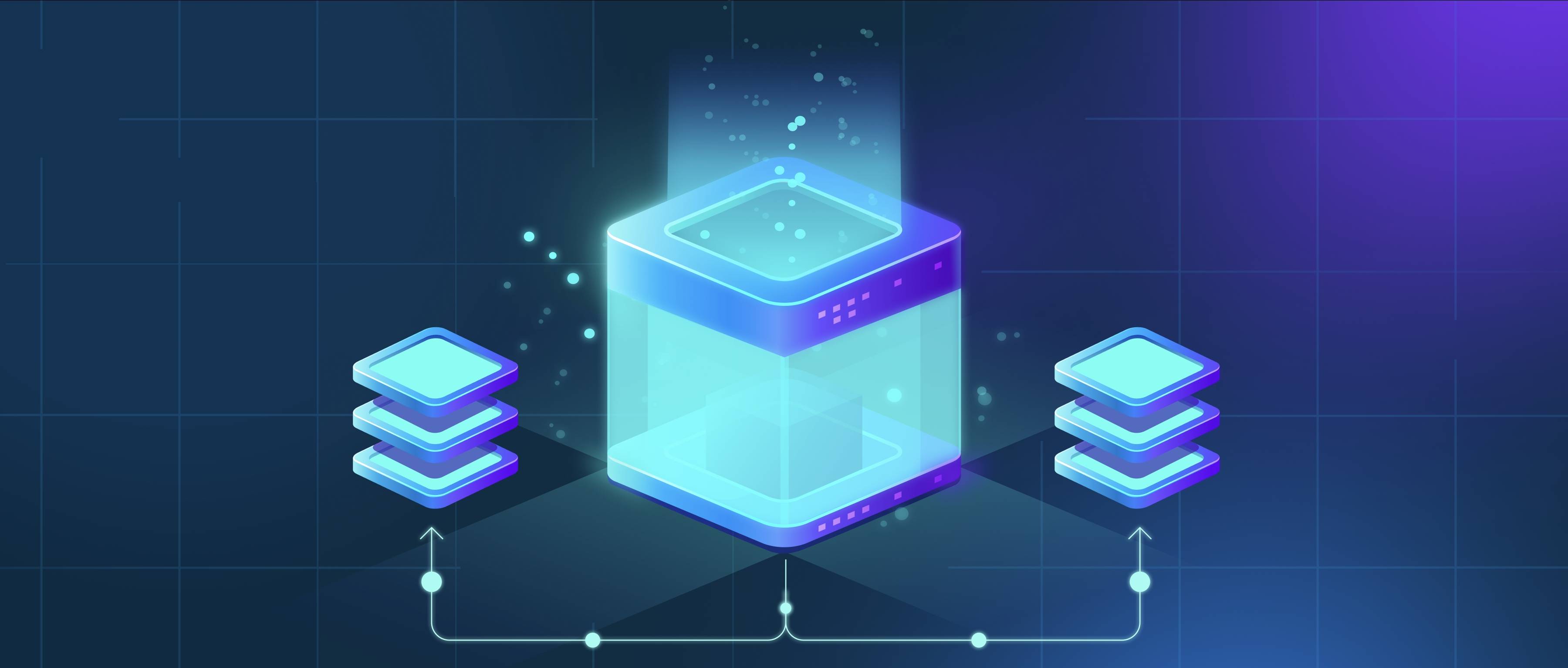When considering local processing versus cloud-based audio search, one key trade-off is speed and performance. Local processing can often be faster because it eliminates the need for data to travel to the cloud and back. For applications requiring immediate responses, such as real-time audio analysis or voice recognition, local processing can provide quicker results. For example, if an application needs to analyze audio input for keywords in a live setting, local processing ensures minimal latency since the processing happens on the device itself.
On the other hand, cloud-based audio search has advantages in terms of scalability and computational power. Cloud services can handle larger datasets and complex algorithms that may not be feasible for local devices. For instance, if your application requires analyzing massive audio libraries or applying advanced machine learning models, the cloud can provide the necessary infrastructure without burdening the local device's resources. Additionally, cloud services can update and improve algorithms over time without requiring end-users to update their software, ensuring that the latest improvements are consistently available.
Cost is another significant factor in this trade-off. Local processing requires upfront investment in hardware and software capabilities, which may be a barrier for smaller development teams or individual developers. In contrast, cloud-based solutions typically operate on a pay-as-you-go model, which can be more budget-friendly, especially during development stages. However, ongoing cloud costs can accumulate, particularly if your application requires substantial processing time or data storage. Balancing these factors—speed, scalability, and cost—will help developers determine the best approach for their audio search needs.
